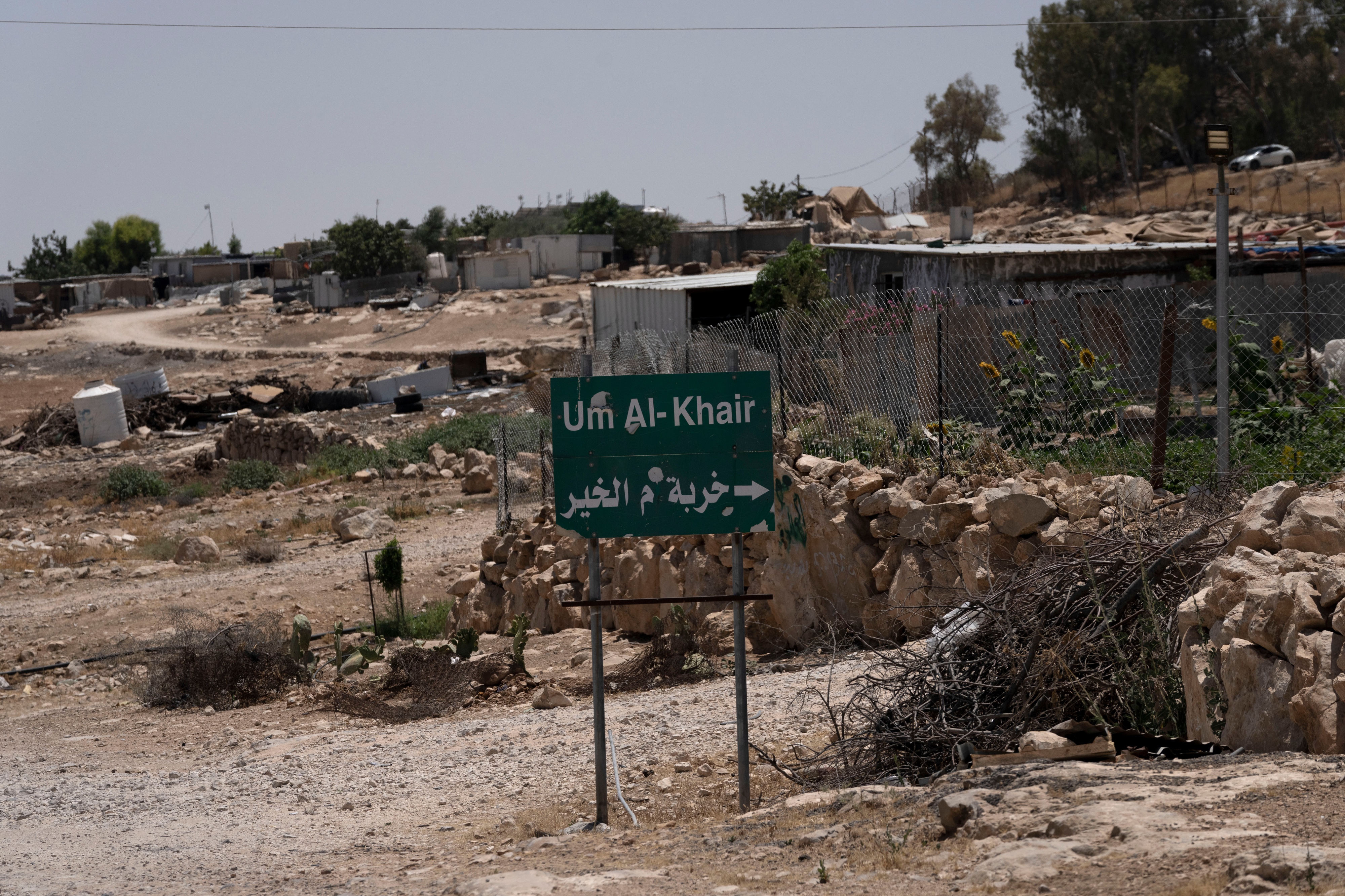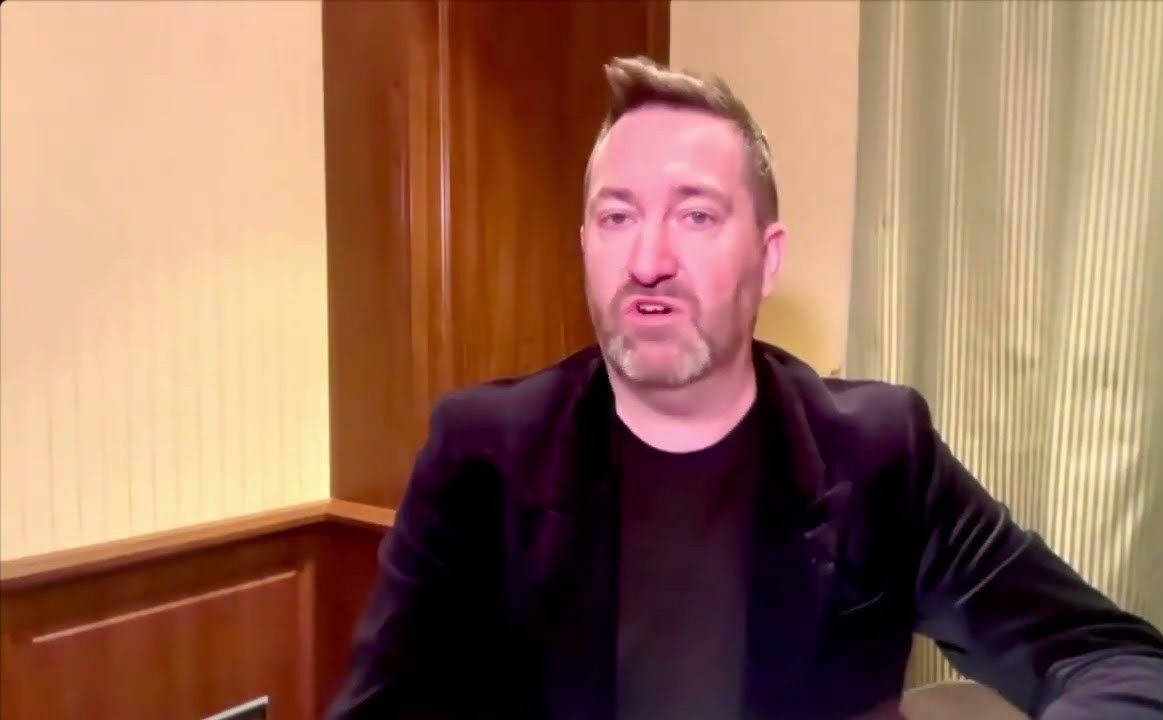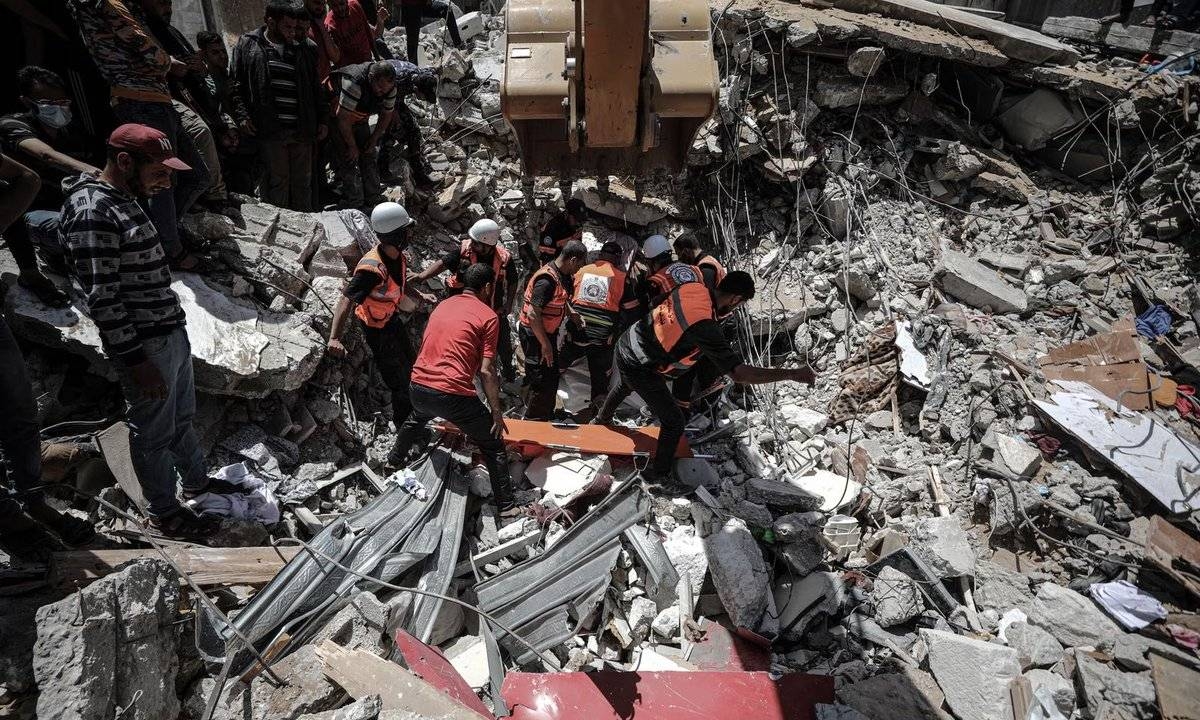
Ukrainian Journalists Hit with SMS Bombing After Reporting on Anti-Corruption Protests
July 29, 2025
Palestinian Journalist and Activist Awdah Hathaleen Killed by Israeli Settler in Oscar-Winning Film Village
July 29, 2025July 29, 2025 – UK/Palestine –
A British journalist, Steve Sweeney, claims he was forced into exile after being detained and interrogated by UK Counter Terrorism police upon returning from Lebanon, due to his critical reporting on Israel’s actions in the region.
Published on July 29, 2025, Sweeney shared that the interrogation followed his critical reporting on Israel while in Lebanon. Although he wasn’t formally arrested, he felt compelled to leave the UK because of the perceived pressure from authorities. Sweeney described the experience as a form of coercive suppression, adding that he no longer felt safe in his home country.
Sweeney’s reporting had focused on Israeli military operations in Lebanon and the broader region. He characterized the UK police questioning as a warning. The message, he said, implied that dissenting coverage of Israel’s policies could attract scrutiny. He interpreted it as an attempt to intimidate journalists critical of Israeli actions, even when reporting from abroad.
In speaking publicly about his experiences, Sweeney is seeking to highlight what he views as a growing pattern in which journalists face state pressure on politically sensitive topics, especially those involving state actors or foreign policy. He is now living abroad in self-imposed exile, continuing his journalism from outside the UK.
His case has drawn attention to concerns about press freedom, national security measures, and the boundaries of government accountability in democratic societies. Journalists’ associations and press freedom advocates have noted that in democracies, while security agencies may have legitimate concerns, citizen-journalists and correspondents should not be subject to intimidation or forced displacement for covering human rights violations or state actions.
Steve Sweeney’s decision to speak out publicly marks a rare instance of a UK-based reporter alleging coercion by domestic authorities related to foreign policy reporting. Though rare, his case raises larger questions about the chilling effect of state surveillance or interrogation on independent journalism. Observers may continue watching how UK law enforcement and media watchdog groups respond to these allegations.
Reference –




